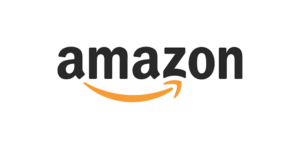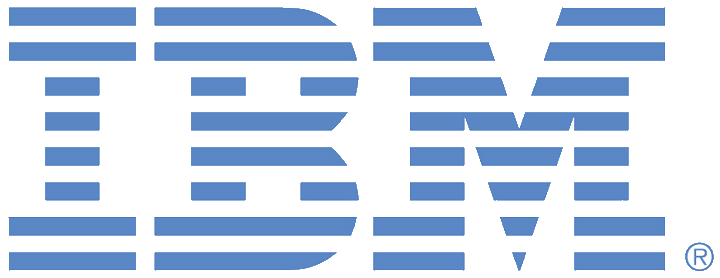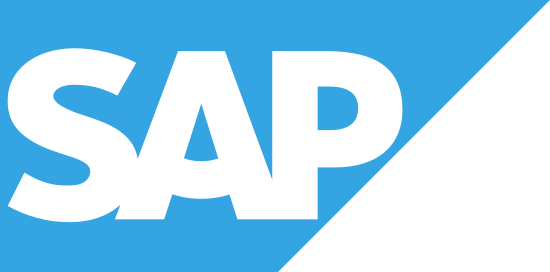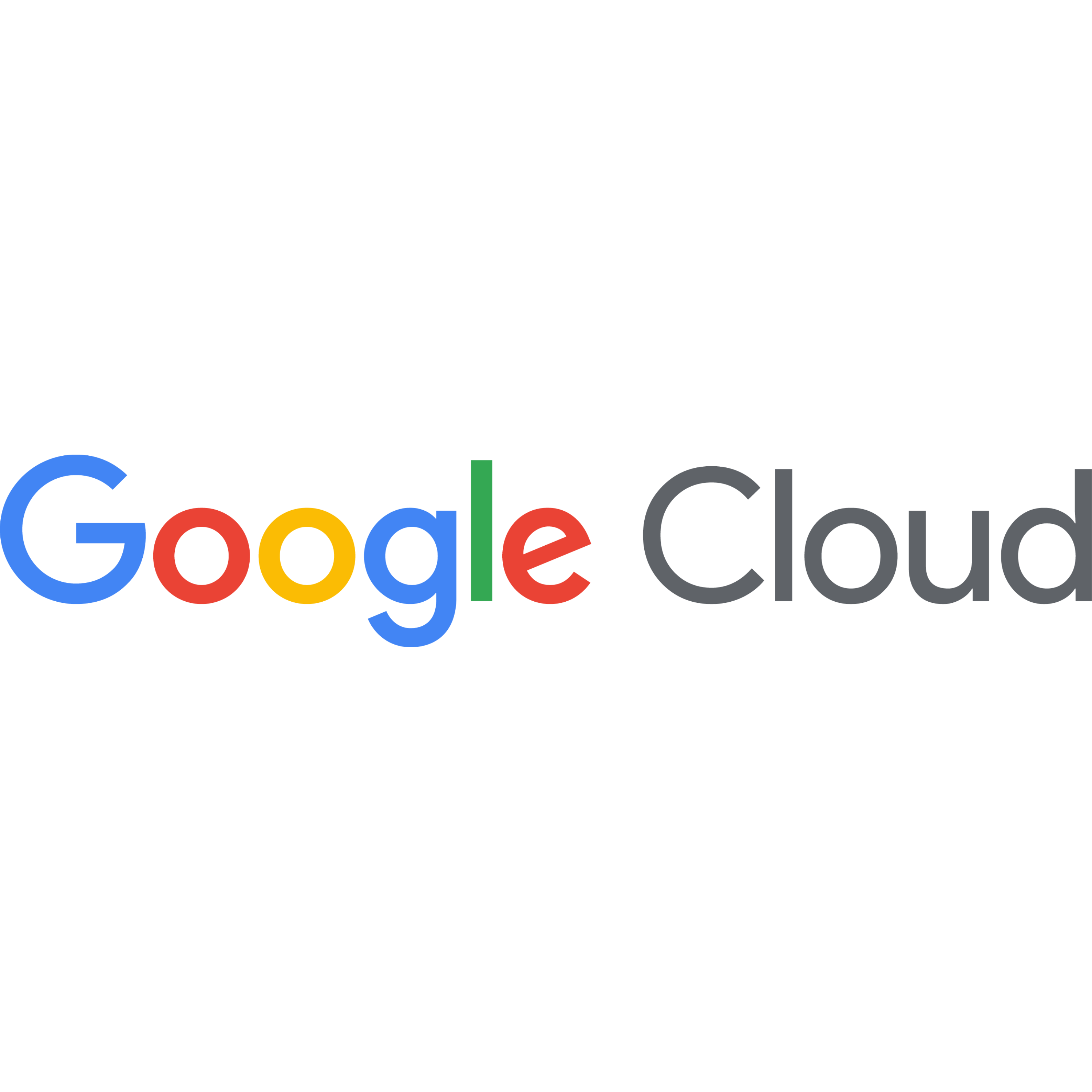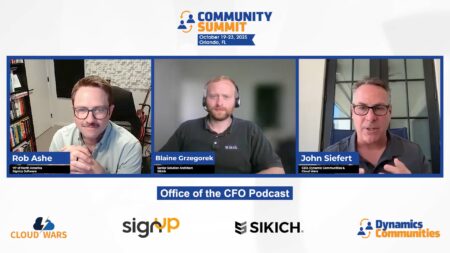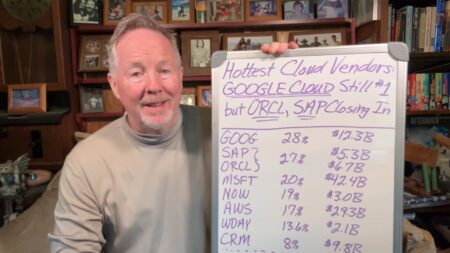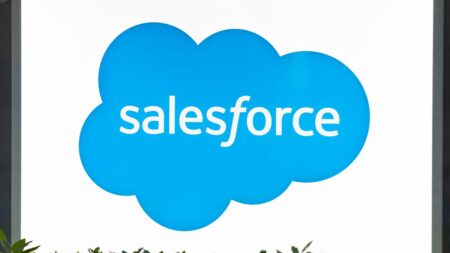
In this Cloud Wars CEO of the Year preview, I sit down with Dynamic Communities and Cloud Wars CEO John Siefert to talk about this year’s 10 contenders: their leadership, their companies’ performances, and where they’re headed in the future, providing insights into how each CEO has navigated the evolving cloud market, adapted to shifting customer requirements around AI, and driven innovation that results in greater customer outcomes.
Highlights
AWS’s Andy Jassy and Matt Garman (01:57)
Andy Jassy and Matt Garman are the two leaders behind Amazon and AWS. Technically, the CEO of AWS is Matt Garman. But Andy Jassy, founder and long-time CEO of AWS, now CEO of Amazon, is the guiding hand behind what goes on there. AWS has had a nice year, re-accelerating its growth. Its big defining point this year has been partnerships and moving more deeply into software.
IBM’s Arvind Krishna (03:22)
Arvind Krishna is the first non-salesperson to be CEO of IBM. He comes out of the research and products side, so a very different mindset. With that, he had to tackle a couple of things when he took over. He had to take on a culture of a truly iconic company — massive, global — and revamp everything it did. I think he’s brilliantly positioned IBM for growth in AI, hybrid cloud, and data. He’s pulled it away from competing with everybody to, “let’s partner with almost everybody.”
ServiceNow’s Bill McDermott (06:00)
It’s hard to believe it’s been six years since Bill McDermott left SAP and started at ServiceNow. He has led the transformation of what was a very good, but niche, tech-focused company that sold to IT organizations for IT operations into an end-to-end enterprise platform provider. He’s pushed it aggressively into the AI world. It’s also working with global system integrators, mid-market solution providers, and others, bringing fresh ideas to help organizations reimagine their industries.
Workday’s Carl Eschenbach (08:19)
Carl Eschenbach, Workday CEO, is in his second full year as CEO. On one side, you had Oracle, and on the other side, you had SAP — much larger applications companies that were just going to squeeze it out. Eschenbach has come in and started pushing back. He’s brought renewed energy to the commercial side of Workday, and, indirectly, his presence as a hard-charging CEO allows one of the co-founders, Aneel Bhusri, to go full-time on what he does best: product development and strategy.

AI Agent & Copilot Summit is an AI-first event to define opportunities, impact, and outcomes with Microsoft Copilot and agents. Building on its 2025 success, the 2026 event takes place March 17-19 in San Diego. Get more details.
SAP’s Christian Klein (11:57)
Christian Klein of SAP was last year’s CEO of the Year. One reason he might deserve the honor again is growth. SAP has been growing all year. Klein made some big personnel changes throughout the organization that are still reverberating. The knock on SAP was, “Oh, it’s just for giant companies.” And, yes, it does very well with big companies and mid-sized companies, but it’s also seeing remarkable growth from small companies because it has adapted its products and go-to-market strategies.
Salesforce’s Marc Benioff (15:20)
Salesforce CEO Marc Benioff, under a lot of pressure from investors, said, we’re not going to be a growth company anymore but instead focus on profit margin. That was about two-and-a-half years ago. Now the agent thing has come along and he’s been retooling the company — some pretty extensive surgery — with data cloud, apps plus platform plus data, cloud plus agents. He has taken a sledgehammer to Microsoft, criticizing its agent/copilot strategy, in a brash way.
Oracle’s Safra Catz (18:06)
Oracle’s remaining performance obligation (RPO), contracted business that’s not yet recognized as revenue, has gone up 48% and then 53% (to $100 billion) in the last two quarters. CEO Safra Catz gets a lot of credit for that. Its market cap has blown past half a trillion dollars. Oracle took on Google Cloud, AWS and Microsoft and has been wildly successful. Siefert notes its strengths in sovereign cloud and globalization considerations.
Microsoft’s Satya Nadella (21:45)
Microsoft has been number one on the Cloud Wars Top 10 for several years. Nadella has been CEO over 10 years, and he’s been a top CEO in the Cloud Wars and worldwide, across industries. The downside: a “horrendous lack of modernization” in the security field and resulting security disasters. He says security is the company’s number one priority but I think it’s an Achilles heel. Siefert notes the company’s powerful innovation and growth in cloud with Azure as well as applications with Dynamics and Power Platform, as well as AI agents and Copilots.
Snowflake’s Sridhar Ramaswamy (24:00)
Ramaswamy’s company was acquired by Snowflake, and he was former CEO Frank Slootman’s chosen successor. Ramaswamy is delivering solidly and I think he’s doing all the right things. He’s keeping revenue growth above 30%, which shows they’re innovating.
Google Cloud’s Thomas Kurian (26:53)
Google Cloud’s growth rate was 28.8% two quarters ago — best in the Cloud Wars Top 10 — then it went up to 35% in the most recent quarter. Kurian has been CEO for six years; he had four global heads of sales and the company just keeps plowing along. It’s capitalizing on strengths, from AI to infrastructure to industry-specific software to cybersecurity. Kurian has done a spectacular job.
My choice for CEO of the Year will be published on Dec. 9.
Ask Cloud Wars AI Agent about this analysis




